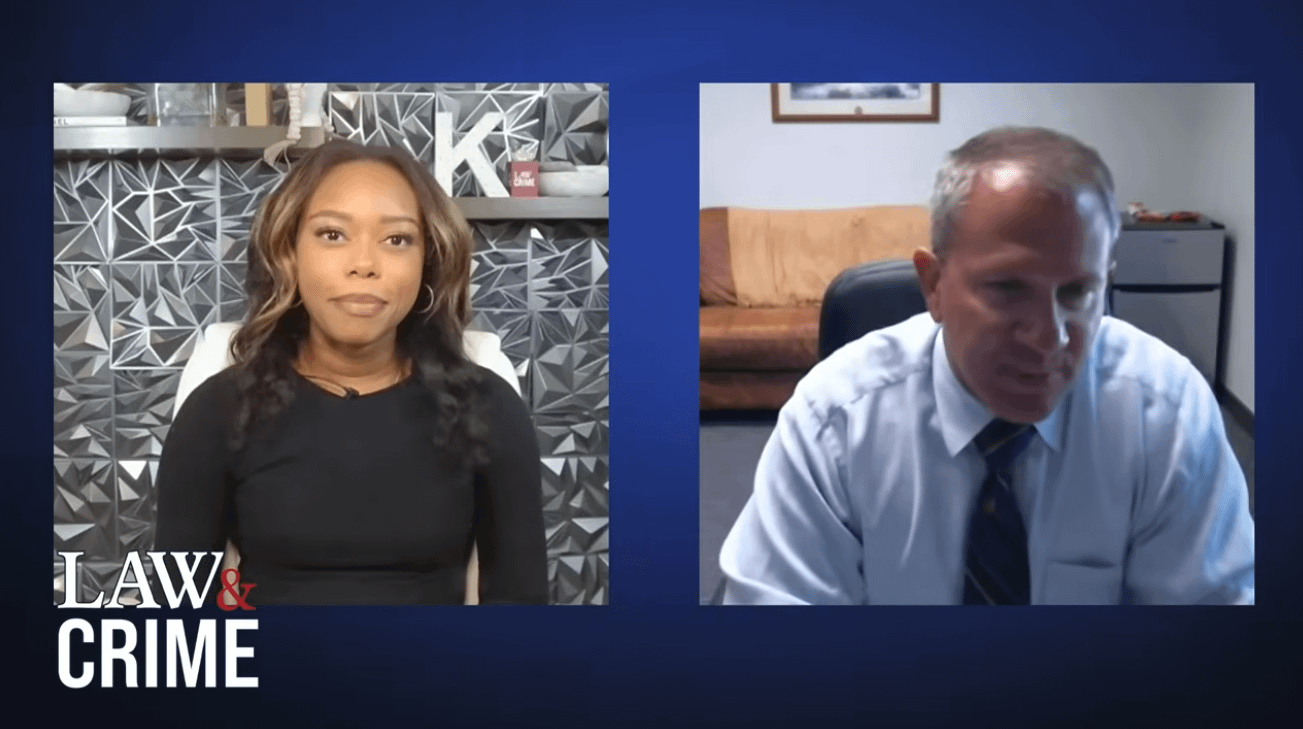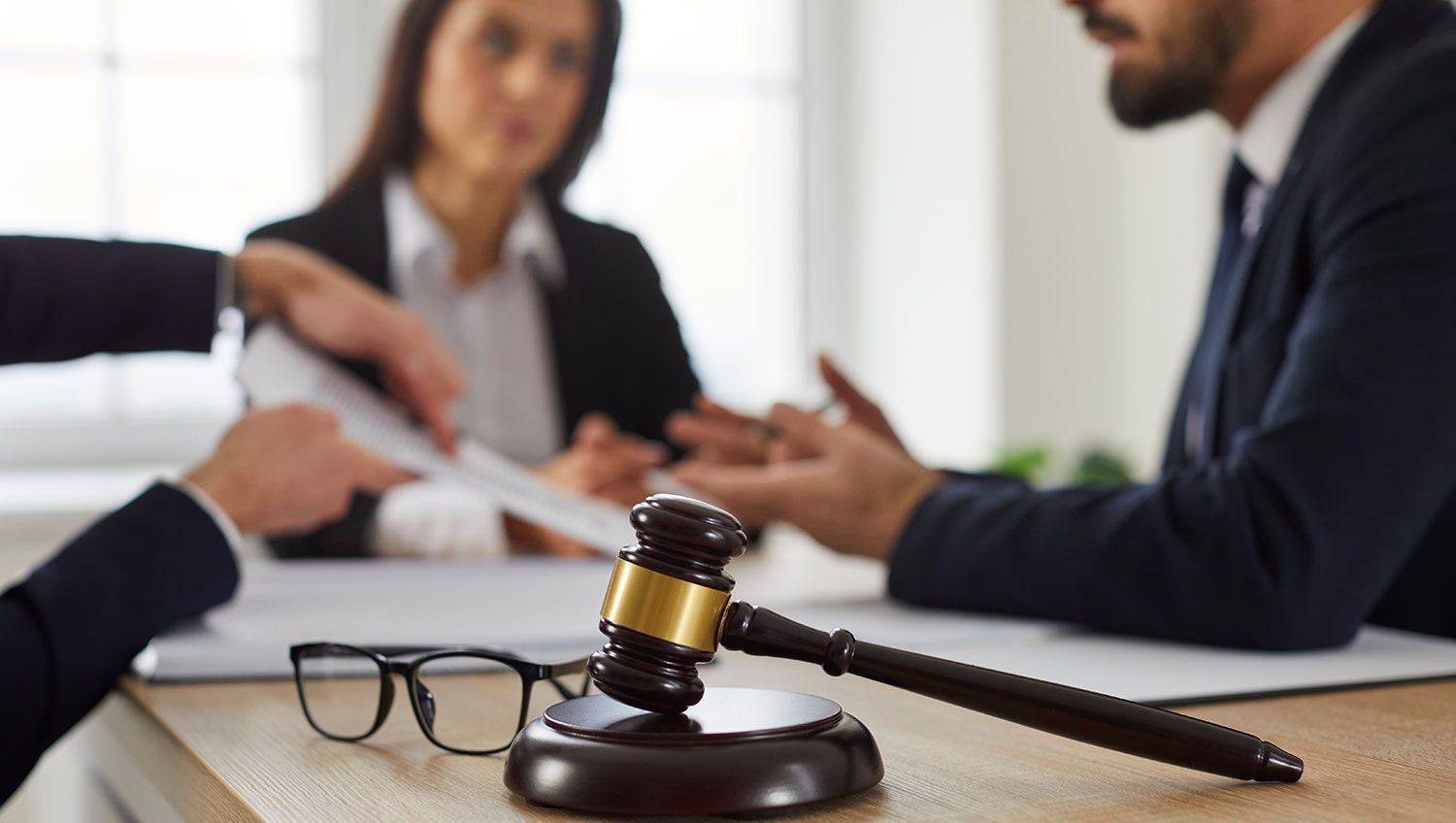Contents
- FEATURE ARTICLE: Legal Ethics & Cryptocurrency
- NEW AUTHORITY: Smartphone Redux
- ETHICS & MALPRACTICE RESEARCH TIP: New Articles Drawn from The Current Index of Legal Periodicals
- BLAST FROM THE PAST: Excerpt from Bolte, Ethics for Success at the Bar
EDITED BY: Professor Mike Hoeflich
PUBLISHED BY: Joseph, Hollander & Craft LLC
View or Download the PDF Version
FEATURE ARTICLE
Legal Ethics & Cryptocurrency
Over the past decade, the use of so-called cryptocurrency has increased substantially for business transactions and for personal investment. Not surprisingly, lawyers have been involved in these developments, and this has raised a number of ethical issues. A number of jurisdictions have issued advisory opinions on the subject, including Nebraska (Advisory Opinion No. 17-03), New York City (N.Y. Formal Opinion 2019-5), North Carolina in 2019 (Formal Opinion Oct. 25, 2019), the District of Columbia (Opinion 378), Virginia (Draft Opinion 1898), and Ohio (Opinion 2022-07).
The opinions issued by these various jurisdictions deal with a number of questions:
- Is it ethical for a lawyer to accept cryptocurrency as payment for services?
- If a lawyer accepts cryptocurrency as payment for services is it subject to Rule 1.8(a) as a business transaction between a lawyer and a client?
- If a lawyer accepts cryptocurrency as payment for services, may the lawyer retain the payment as cryptocurrency and, if she may retain it, when and how is it to be valued?
- May cryptocurrency be deposited in a lawyer’s trust account?
- How is Rule 1.15 on protection of client property to be applied to cryptocurrency?
- May a lawyer hold cryptocurrency on behalf of a client for escrow and other purposes?
We will look at how these advisory opinions answer each of these questions below.
NEW AUTHORITY
Smartphone Redux
On August 4, 2022, the New York State Bar Association published Opinion 1240, which provides advice on the applicability of Rule 1.6 to the protection of contact lists maintained on lawyer smartphones. The opinion highlights the New York Rule of Professional Conduct 1.6:
Rule 1.6(c) of the New York Rules of Professional Conduct (the “Rules”) requires a lawyer to “make reasonable efforts to prevent the inadvertent or unauthorized disclosure or use of, or unauthorized access to” the confidential information of current, former and prospective clients. Rule 1.6(a), in turn, provides that confidential information “consists of information gained during or relating to the representation of a client, whatever its source, that is (a) protected by the attorney- client privilege, (b) likely to be embarrassing or detrimental to the client if disclosed, or (c) information that the client has requested be kept confidential.”
NYSBA Opinion 1240 is concerned with the security of contact lists maintained on smart phones when those contact lists contain the following information about clients:
…one or more email addresses, work or residence addresses, and phone numbers (collectively sometimes called “directory information”), but contacts often also include additional non-directory information (such as birth date or the lawyer’s relationship to the contact).
The concern arises from the fact that many social media and other phone applications request permission from smart phone owners to share contact information contained on the owner’s smart phone. Thus, by agreeing to share such information, the owner may be disclosing client confidential information.
ETHICS & MALPRACTICE RESEARCH TIP
New Articles Drawn from the Current Index of Legal Periodicals
1. Norman J. Shachoy Symposium: Practical Ethics in Corporate Law: The Science, Instruction and “Real-World” Application, 66 Vill. L. Rev. 947 (2021).
Corporate practitioners will benefit from this interesting symposium.
2. Deborah Pearlstein, Lawyering the Presidency, 110 Geo. L.J. 899 (2022).
Pearlstein provides a compelling discussion for anyone who thinks about the role of Executive Branch legal counsel.
3. Fiona Kay & Robert Granfield, When altruism is remunerated: understanding the bases of voluntary public service among lawyers, 56 Law & Soc’y Rev. 78 (2022).
We should always remember that the law is a profession in the public interest.
4. Steve Johnson, Federal Tax Ethics Rules and State Malpractice Litigation, 75 Tax Law. 125-186 (2021).
This is an important article for tax lawyers.
5. Douglas R. Richmond, Appellate Sanctions Against Lawyers, 73 Baylor L. Rev. 562 (2021).
Richmond uses his expertise to tackle the important issue of sanctioning lawyers for misconduct in prosecuting or defending appeals.
BLAST FROM THE PAST
Excerpt from Bolte, Ethics for Success at the Bar
No attorney can follow the guidance of a rule of which he is ignorant and since his duties are so complex and his liabilities so numerous, it is needless to say that he certainly not succeed at the Bar without a thorough knowledge of the Bar’s code of ethics and the laws governing him and a conscientious effort to follow those rules in all things.
Edwin Bolte, Ethics for Success at the Bar 86 (1928)
About LEMR
The Legal Ethics & Malpractice Reporter (LEMR) is a monthly publication covering current developments in ethics and malpractice law. This popular, free publication, with close to 8,000 current subscribers, was envisioned by KU Law professor Mike Hoeflich, who serves as the publication’s editor in chief. In partnership with Professor Hoeflich, JHC’s legal ethics and malpractice group is pleased to publish this monthly online periodical to help attorneys better understand the evolving landscape of legal ethics, professional responsibility, and malpractice.
Get LEMR delivered to your inbox!
Make sure you don’t miss an issue of the Legal Ethics & Malpractice Reporter. Subscribe to our email list below to get a notification and digest of each edition as it is released
About Joseph, Hollander & Craft LLC
Joseph, Hollander & Craft is a premier law firm representing criminal, civil and family law clients throughout Kansas and Missouri. When your business, your freedom, your property, or your career is at stake, you want the attorney standing beside you to be skilled, prepared, and relentless. From our offices in Kansas City, Lawrence, Overland Park, Topeka and Wichita, our team of 20+ attorneys has you covered. We defend against life-changing criminal prosecutions. We protect children and property in divorce cases. We pursue relief for victims of trucking collisions and those who have suffered traumatic brain injuries due to the negligence of others. We fight allegations of professional misconduct against doctors, nurses, judges, attorneys, accountants, real estate agents and others. And we represent healthcare professionals and hospitals in civil litigation.










